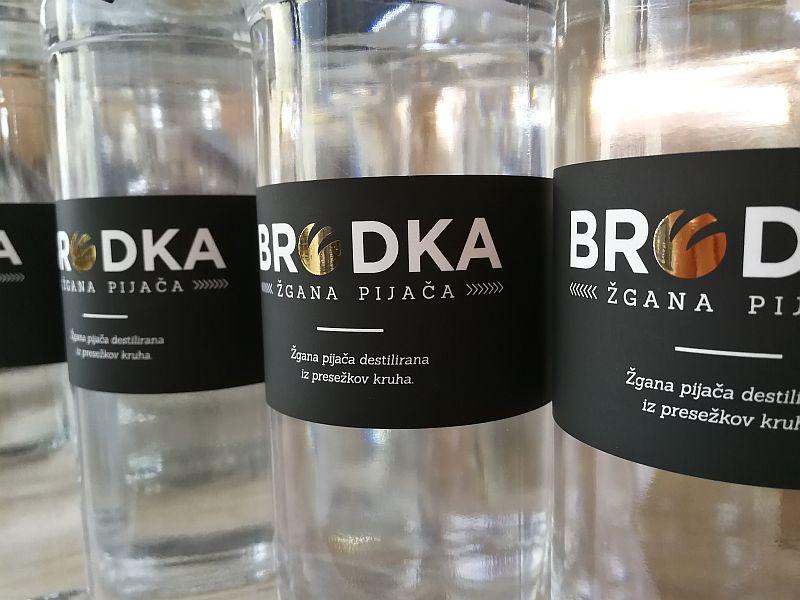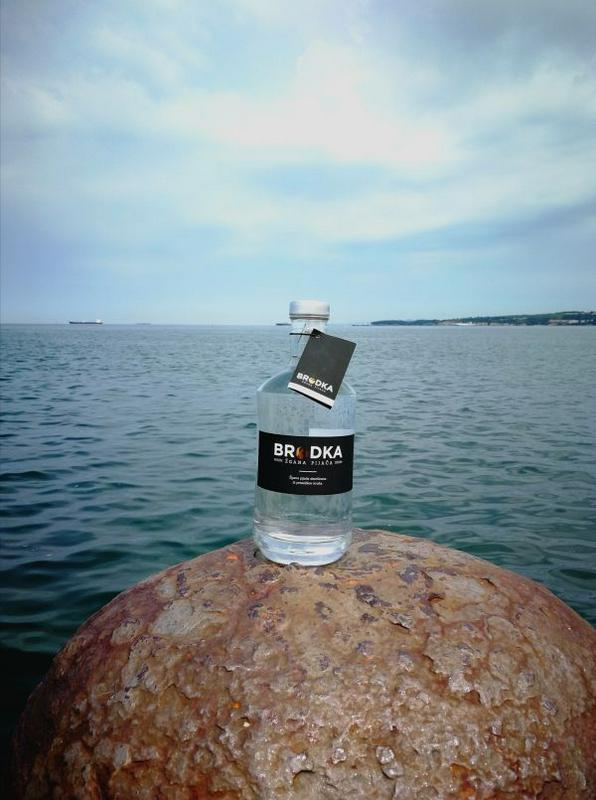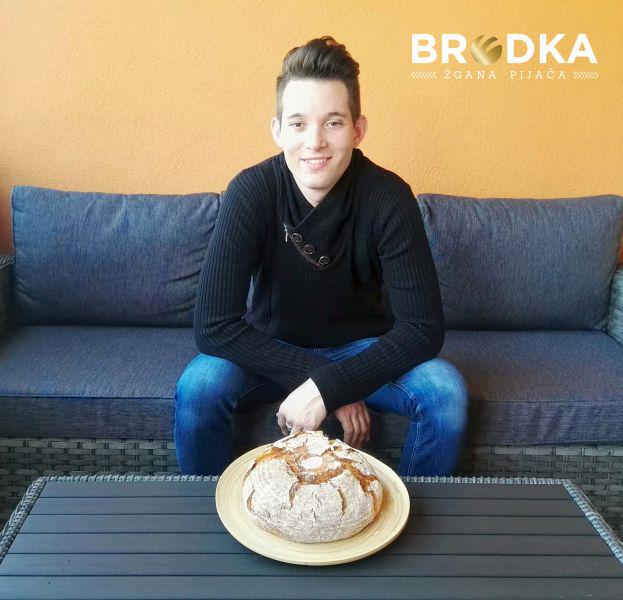


"During my study in Koper me and some of my colleagues participated at the international circular economy conference in Brdo pri Kranju, and a part of the conference was dedicated to the problem of discarded food. It is becoming a topical issue, as 1.3 billion tons of food is discarded in the world, namely one third of the produced food," Kržič explained how he came up with the idea to make Brodka.
"We were presented an example of good practice – a Belgian brewery where ale is brewed from surplus bread (unsold bread which is returned from shops every evening). It started as a joke, but then I started considering it for real: if ale can be made from bread, then also spirit could be distilled from it," the student, who is presently completing his master’s thesis on use of surplus bread for production of spirits, explained.
According to him, distilling is the most difficult part. "It is a process in spirit distillery which remains unchanged for centuries. The process of distillation must proceed very slowly; the slower it is, the better quality of spirit is obtained. It takes several hours, and it must be supervised in order to prevent the contents from burning, and it is necessary to catch the middle, edible part of the distillation." The next, very important step is to let Brodka rest for six months; during that time it gains on quality, and develops its unique taste.
"Brodka is not Vodka"
He does not forget to emphasize that we should not be misled by the name – Brodka is not Vodka. But it is also very suitable for use in cocktails due to its quite neutral taste. "Compared to Vodka it has a stronger taste, it has character. Worthy of tasting, without any doubt," Kržič explains. After a year and a half of testing and bureaucracy, he has finally launched his product on the market.
Kaja Sajovic, MMC; Translated by G. K.

































































